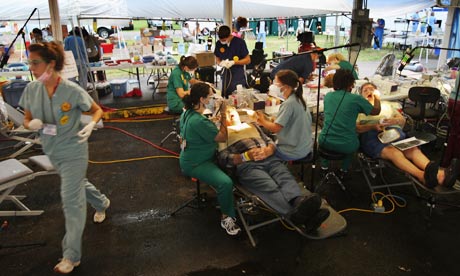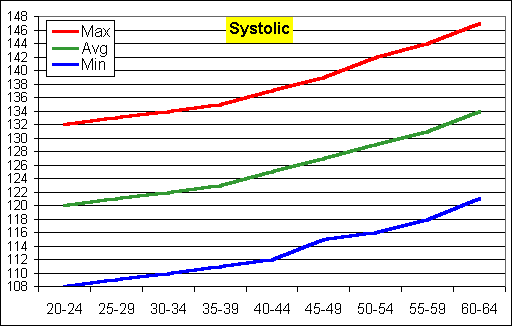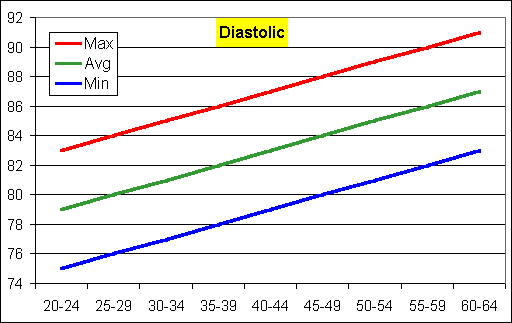Re: Does America have the world's best health care?
Frontline briefly explains the health care system in other major industrial countries.
Basically, the US nominally spends double but has the worst outcome, so if we take the outcomes into consideration, the US spends say four times as much?
Click on
Watch the Full Program Online
then click on a box.
Each segment is about 10 minutes long.
http://www.pbs.org/wgbh/pages/frontl...roundtheworld/
Over the next decade, many patents for drugs will run out. These drugs work nearly as well as the newest patented drugs, and will be really cheap out of patent, so whether you have drug coverage will be less of an issue except for really complicated things like chemotherapy.
A pill containing low-dose aspirin, B vitamin, and low dose cholesterol and blood pressure lowering drugs out of patent costs about 10 cents a day and would drop stroke and heart attack by about half or so.
http://news.bbc.co.uk/2/hi/health/7971456.stm
Vitamin D supplement also costs near nothing and can have a huge effect for the large part of the population that is deficient.
If we can slow the rate of aging, perhaps we can postpone most problems by a decade, so that we will have a longer functional lifespan (and will be forced to keep working until we are 75, ha ha!) and a relatively short decline at the end.
http://www.sciencefriday.com/program/archives/200907105
You can get glasses online for 10-20 dollars instead of 200, so eyeglass coverage is much less of an issue already. I did this, and they are OK, and I saved me, friends and relatives 1,000 dollars so far for spare pairs. 10-20 is actually how much the optometrists pay, but they charge 200.
http://www.npr.org/templates/story/s...oryId=89576384
Frontline briefly explains the health care system in other major industrial countries.
Basically, the US nominally spends double but has the worst outcome, so if we take the outcomes into consideration, the US spends say four times as much?
Click on
Watch the Full Program Online
then click on a box.
Each segment is about 10 minutes long.
http://www.pbs.org/wgbh/pages/frontl...roundtheworld/
Over the next decade, many patents for drugs will run out. These drugs work nearly as well as the newest patented drugs, and will be really cheap out of patent, so whether you have drug coverage will be less of an issue except for really complicated things like chemotherapy.
A pill containing low-dose aspirin, B vitamin, and low dose cholesterol and blood pressure lowering drugs out of patent costs about 10 cents a day and would drop stroke and heart attack by about half or so.
http://news.bbc.co.uk/2/hi/health/7971456.stm
Vitamin D supplement also costs near nothing and can have a huge effect for the large part of the population that is deficient.
If we can slow the rate of aging, perhaps we can postpone most problems by a decade, so that we will have a longer functional lifespan (and will be forced to keep working until we are 75, ha ha!) and a relatively short decline at the end.
http://www.sciencefriday.com/program/archives/200907105
You can get glasses online for 10-20 dollars instead of 200, so eyeglass coverage is much less of an issue already. I did this, and they are OK, and I saved me, friends and relatives 1,000 dollars so far for spare pairs. 10-20 is actually how much the optometrists pay, but they charge 200.
http://www.npr.org/templates/story/s...oryId=89576384





Comment